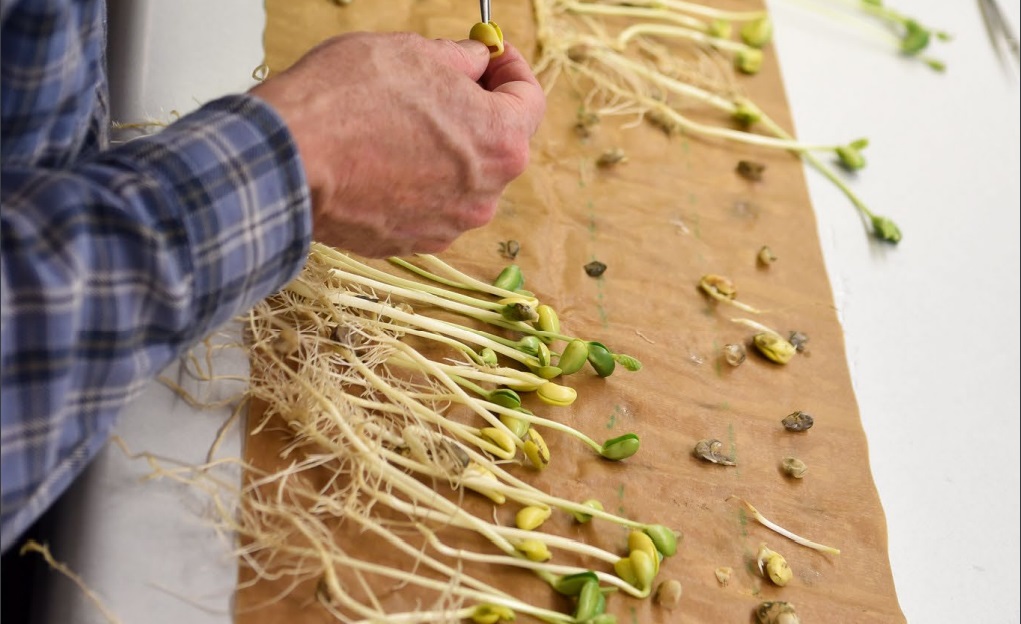“Strong patents, and an efficient, predictable, and objective patent system, are critical to the seeds industry, which depends on patent-driven activities to fuel the development of new inventions and products that benefit the public.”
This is the conclusion of the Biotechnology Innovation Organization’s (BIO) take on the report titled “More and Better Choices for Farmers: Promoting Fair Competition and Innovation in Seeds and Other Agricultural Inputs” that the United States Department of Agriculture (USDA) published on Monday.
While commending the federal government’s efforts to increase access to the seed market, BIO emphasized that reforms must protect the intellectual property that enables biotech innovation.
“The patent system helps drive the development of improved seed and crop protection products that address challenges such as increasing harvests, allowing conservation of arable land and, ultimately, helping to feed the world’s growing population,” the press release says.
BIO’s remarks with regard to the importance of IP safeguards stem from its review of the report aimed “to identify potential concerns about weakening intellectual property protections for biotech companies.”
In order to establish the influence of “the competition and market power, intellectual property, and other business practices in the seed industry” on “the American farmer’s ability to participate in a fair and competitive market,” last year, the USDA launched a request for public comments and information.
Based on those comments regarding “the impacts of concentration, market power, and intellectual property in the market for seeds and other agricultural inputs,”the USDA has compiled the report, “which represents its findings and recommendations.”
Reduced regulations needed
According to the report, many commenters questioned the complexity of the current IP system.
As BIO underscores, this complexity is due to the fact that “almost all the foregoing activities” (any developments to improve seeds, increase harvests, allow conservation, and feed our growing population) “are highly regulated by government agencies such as the FDA, EPA, and USDA.”
Some of the commenters, as the More and Better Choices for Farmers report adds, “note that the extensive investments required by seed companies to bring new genetically engineered products through the regulatory process are untenable for small and medium-sized entities.”
It’s important to point out that even though scientific advances should be reducing commercialization time, “the cost of regulation for biotech trait commercialization has grown more than 23% while regulatory timeframes grew 75%.”
The report itself points out that “biotechnology regulation may delay commercialization of new products and generics.”
In its effort to address the issue, BIO says that reducing regulations would address “challenges to expanding biotech’s benefits to more producers, as well as growing agriculture’s sustainability and the world’s food security.”
“Identifying and addressing such barriers to biotech innovation is the best way to increase farmers’ and food producers’ access to genetic innovation,” stressed BIO.




